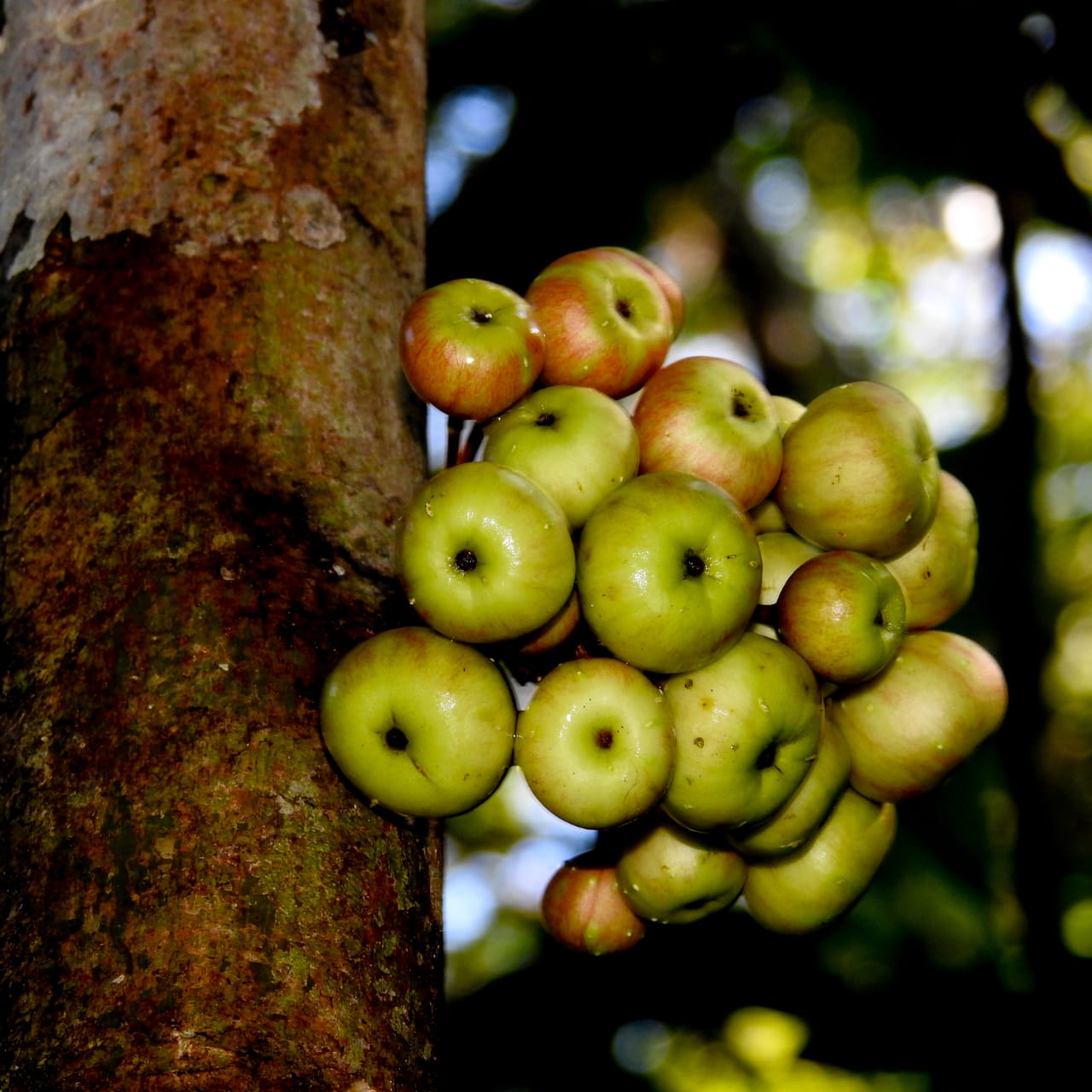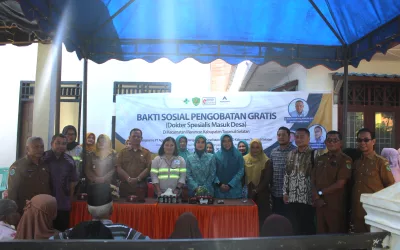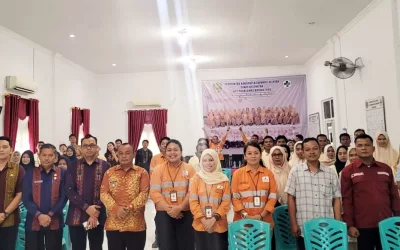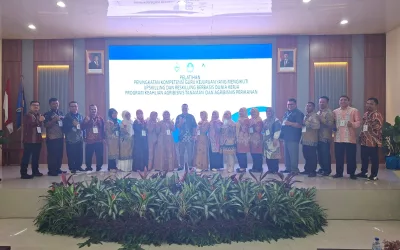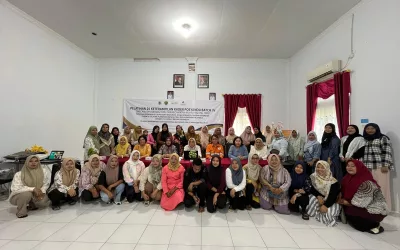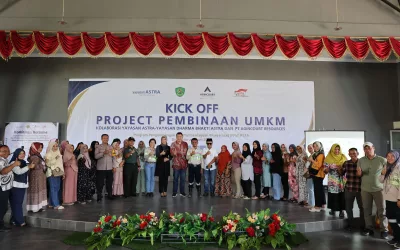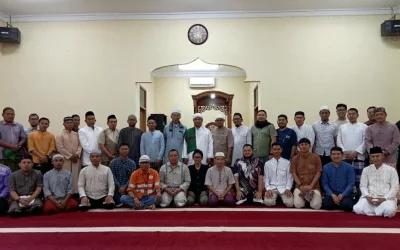Primates are an integral part of the arboreal fauna in forests, contributing significantly to the overall well-being of the natural world, including the regeneration of tropical forests. Fruit- and seed-eating primates, in particular, play a vital role in seed dispersal. In fact, some forest plant seeds cannot germinate without being first consumed by primates.
Read Also: Planting Mangrove Seeds, PTAR Preserves the Central Tapanuli Coastal Area
Primates complete the ecosystem’s life cycle by spreading tree seeds, and humans have a responsibility to ensure the continuity of this cycle. Recognizing this crucial role, Agincourt Resources is actively engaged in rescuing a variety of tree seedlings and seeds found in natural forests, representing diverse food sources for primates and other wildlife.
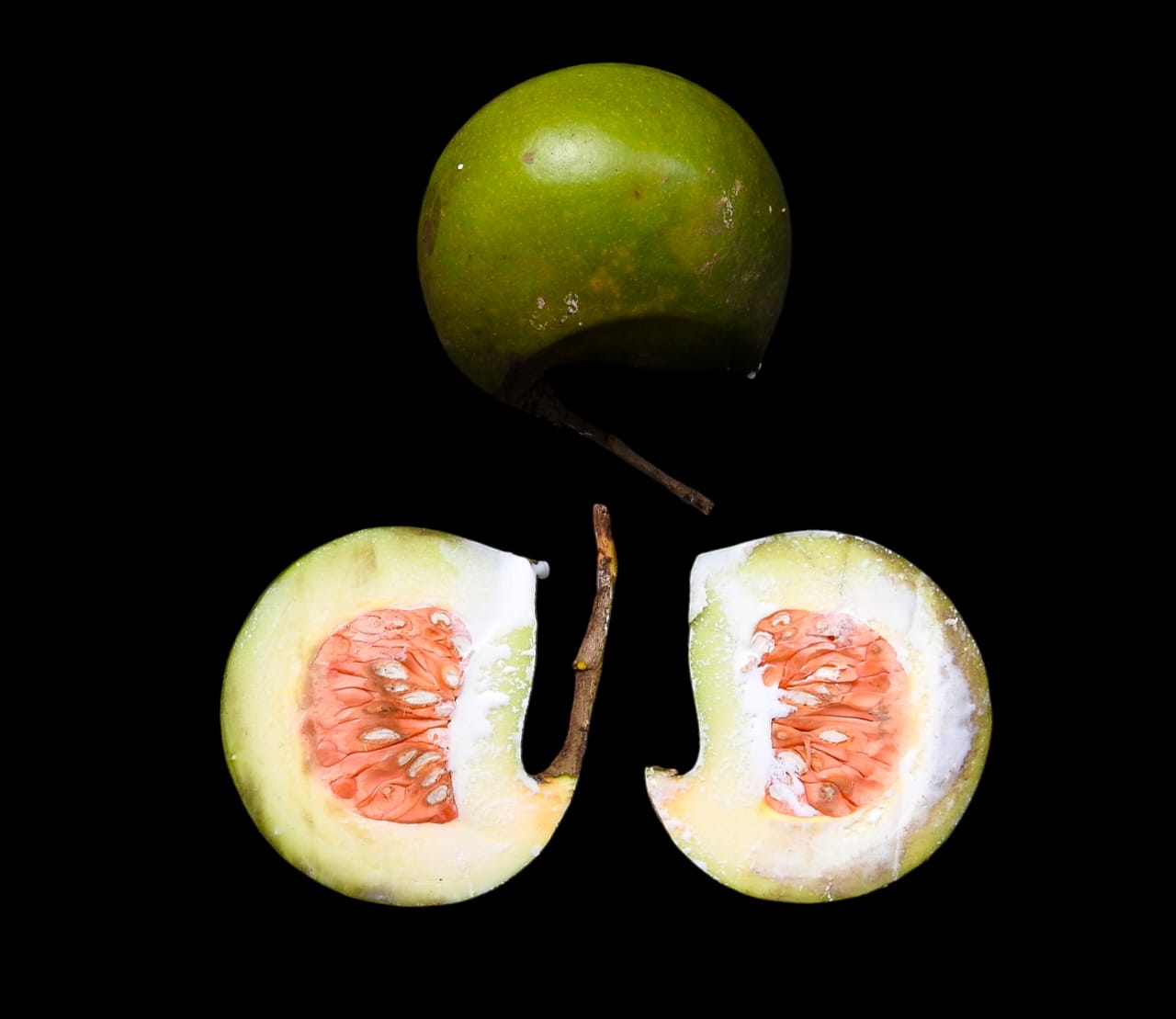
The collected or rescued seedlings are then carefully cultivated in the Nursery under the supervision of the Environment Department. These seedlings will eventually be reforested in areas that require rehabilitation. The Nursery focuses on developing a variety of primate food plants, including Baccaurea sp, Artocarpus sp, Durio sp, Nephelium sp, and Garcinia sp.
Protecting and conserving primates is a shared responsibility. Robust conservation efforts are essential to ensure that these magnificent creatures can continue to thrive and flourish in their natural habitats. Primates face severe threats, primarily due to habitat loss caused by deforestation, illegal hunting, and wildlife trade.
Read Also: PTAR Successfully Develops Siporang Local Seeds, the First Harvest for Assisted Farmers

